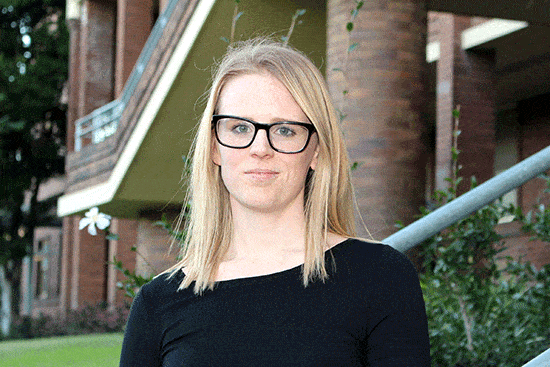
A study by University of Newcastle researchers has shown that low-income smokers often forsake meals or delay paying bills so they can buy cigarettes instead.

As the NSW Government introduces laws restricting smoking in outdoor eating areas, a study by University of Newcastle researchers has shown that low-income smokers often forsake meals or delay paying bills so they can buy cigarettes instead.
The study assessed the social and financial consequences of increased cigarette prices on those with limited budgets, after face-to-face interviews with 20 smokers recruited from a NSW welfare organisation.
Going hungry, choosing cheap fast food or sacrificing essential household spending were reported as routine experiences, according to researcher Dr Ashleigh Guillaumier.
“There were numerous incidences of what we call smoking-induced deprivation and financial stress,” Dr Guillaumier said.
“All of those surveyed were long-term unemployed receiving Centrelink benefits and accessing crisis welfare support. They were mostly pack-a-day smokers who estimated they spent at least 25% of their income on tobacco.”
When asked about their tobacco expenditure, 45 per cent of participants reported spending between $50 and $80 per week while a further 35 per cent spent up to $150.
Among comments recorded were, “If you’ve got no money and you’ve got no milk, you stress out. So you buy smokes”. Another noted: “If I’ve got $20 left, I can either put that on the electricity or I can go and buy a packet of cigarettes. The way that you’re feeling, you’re thinking ‘I’d rather buy the packet of cigarettes. I’ll put the $20 on it next week’.”
Dr Guillaumier said strategies that smokers used included switching to cheaper brands, buying from illicit sources or purchasing in bulk. Those who did so were less likely to make quit attempts.
“Addiction is a strong trigger and people were saying how hard it is to quit in an environment where others were smoking around them,” she said.
“We absolutely support the use of taxation measures to reduce and prevent smoking but what comes from this study is that we should coordinate our approach better. So when prices are about to rise, for example, we highlight the quit services that are available.”
The study has appeared in the Health Education Research journal published by Oxford University Press.
*Dr Ashleigh Guillaumier is a member of HMRI’s Public Health research program. HMRI is a partnership between the University of Newcastle, Hunter New England Health and the community.